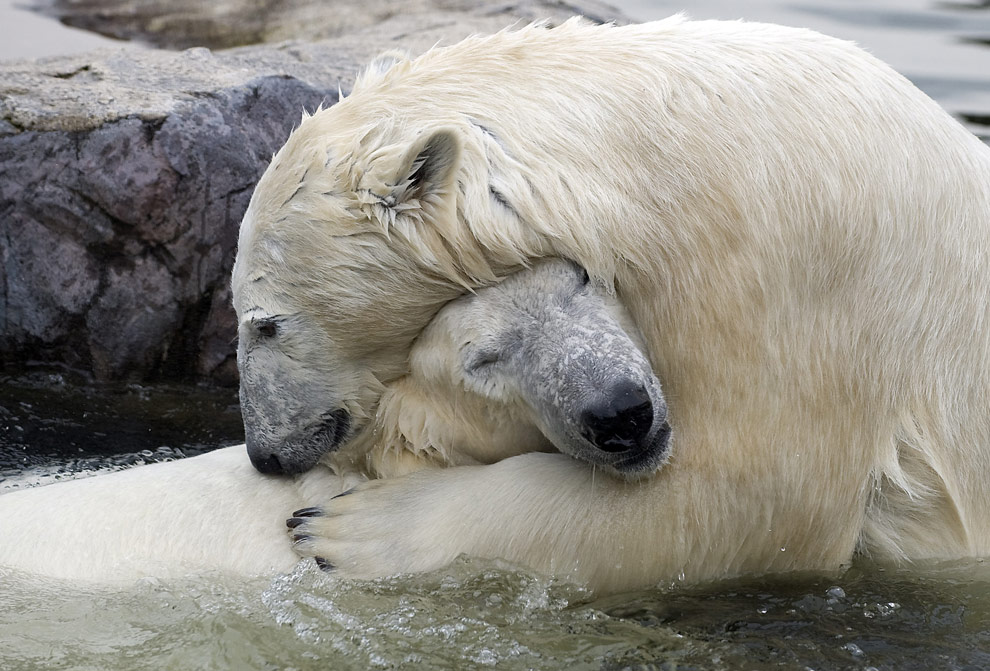Sometimes I forget.
I get caught up in “This is the most important project I should be working on!” And I forget. And then things go downhill: my mood changes (I feel rotten, don’t want to be around people, get sad more often), my attitude changes (“everything sticnks”), my drive and motivation change.
And then, one morning, I wake up and say, “Hey! I haven’t exercised all week.” What kind of example is this to clients that I’ve worked with? Whenever I’ve worked with a coaching client, he/she has “homework” between each session: a Body Exercise as well as a Mind Exercise. Ask any effective coach: the best progress for a client happens between sessions. When people are focused on gradual, deliberate change (often in the same time at the same place: more on this below). There is something to be said for consistency in life. What we do each day is what we can see as results in hindsight.
That’s why exercise seems trivial, and at the same time, exercise can decrease depression, anxiety, and stress. Even more interestingly (!), not only can exercise make us healthier, but lack of exercise can make us feel depressed (I searched for the specific result I wanted [that not doing 30 min of exercise per day is linked with increased depression], and cannot find it right now, but will find it for you later and update here; the closest immediate result I found is that lack of exercise is the key between depression and cardiovascular disease).
Just last week, 2,000 adults polled in the UK turned out to not have been exercising enough. This article says that minimum exercise for adults is 30 min per day for five days. Others say 10,000 steps per day is a good metric of exercise. Still other fitness devotees say interval cardio three times a week for 20 minutes each time, and weight lifting three times a week for under an hour.
Whatever your choice of HOW is great as long as the choice is TO DO. I’ve just returned to my choice of TO DO. I cannot believe I dropped the ball on exercise.
Me who says it’s the second most important thing towards happiness here and here.
The last thought as I go back to the large project I’m working on is based on the research by Dr. Wendy Wood at Duke: a habit is something people do at the same time in the same place. Think of brushing your teeth: same time, same exact location. How can you make exercise a habit? For me, it’s running when I wake up, and running generally the same path, but with increasing the number of minutes each week. What’s your trick?
Great summer to you!
(Or winter if you’re in Oz or NZ). :)


 I went to see the Dalai Lama on July 17, 2008 at Radio City Music Hall in NY. It was completely packed, and the room has 5,933 seats. It seemed that about one third to half of the women, men, and children in the audience were dressed in Tibetan formal wear – beautiful attire in exquisite print.
I went to see the Dalai Lama on July 17, 2008 at Radio City Music Hall in NY. It was completely packed, and the room has 5,933 seats. It seemed that about one third to half of the women, men, and children in the audience were dressed in Tibetan formal wear – beautiful attire in exquisite print.